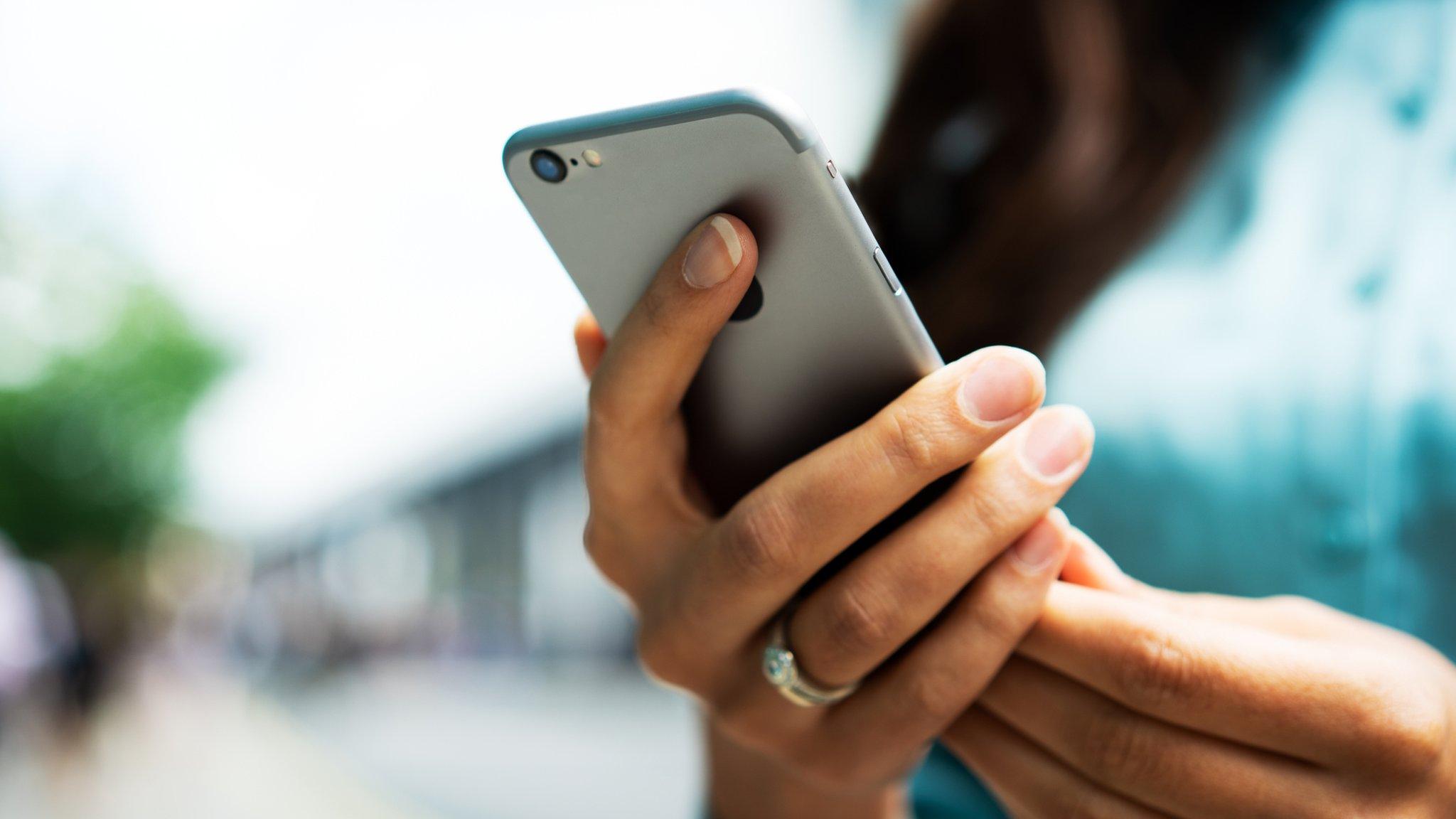Women's safety: Met guilty of PR stunts rather than reform, campaigners warn
- Published
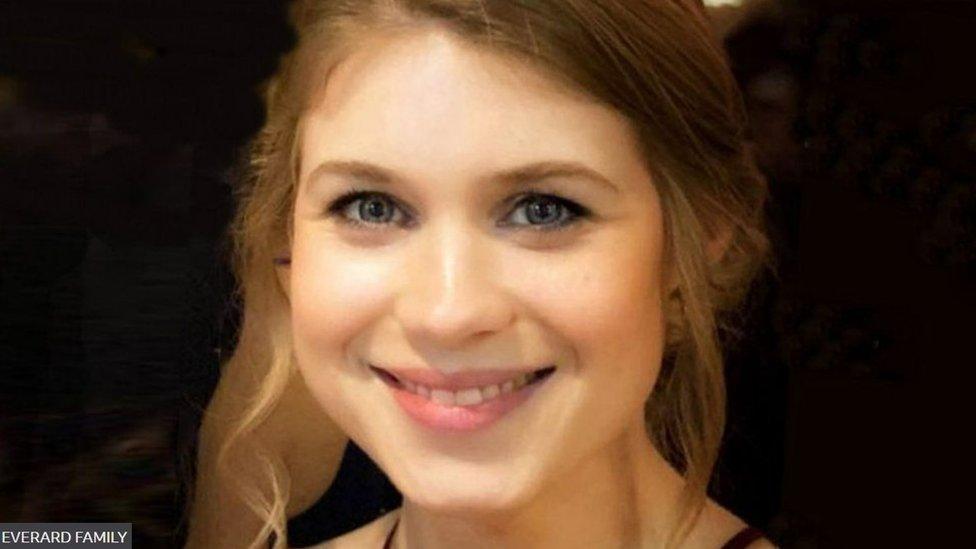
The force has been under the spotlight following the murder of Sarah Everard by a serving officer
The Met Police has been criticised for PR stunts over reform by campaigners for women's safety.
City Hall's Police and Crime Committee heard that trust in the Met had been lost and many women suspected the force of institutional racism and misogyny.
The force has been under the spotlight following the murder of Sarah Everard by a serving officer.
On Wednesday the Met announced new measures to tackle violence against women and girls.
It also said it would also start deploying teams of undercover officers outside bars and clubs - a scheme which will be piloted initially in two south London boroughs, Lambeth and Southwark.
Andrea Simon, from the End Violence Against Women coalition (EVAW), said women were reluctant to come forward "for good reason".
She said that was "because of what's been happening, because of Wayne Couzens, because of countless others who are currently undergoing investigation and trial for sexual violence, domestic violence and other kinds of crimes.
She added that women suspected the force of institutional racism and misogyny, so work had to be done to "fix the problems before we can just have more police going out on the street speaking to women".
"We have to be very clear that so much has to happen before there can be any expectation that any of those initiatives that feel like PR exercises, quite frankly, are going to have any kind of impact," she said.
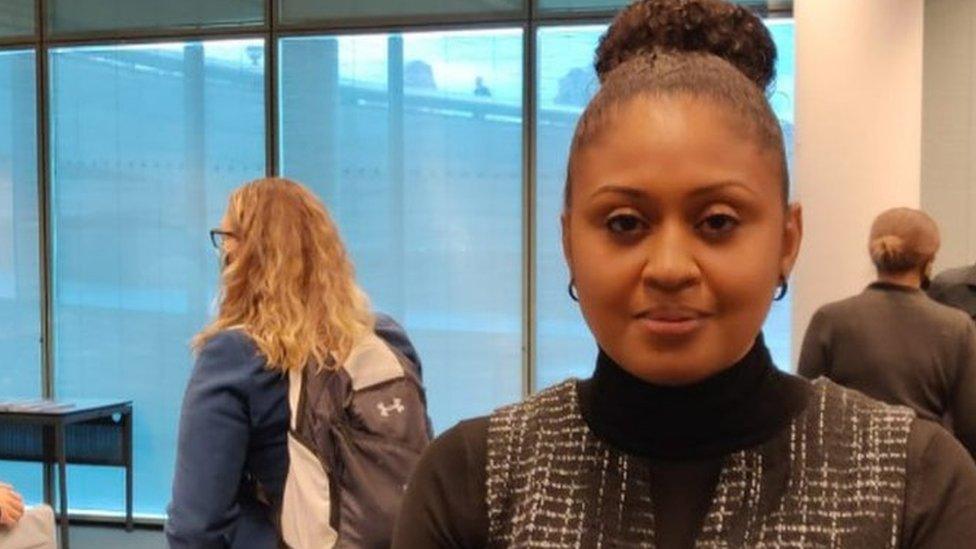
Andrea Simon from End Violence Against Women coalition said women suspect the force of institutional racism and misogyny
Ms Simon said earlier measures announced by the Met, such as the the lone officer verification scheme, and another tasking 650 officers with surveying women about safety, were "completely unacceptable" when they were at "a very preliminary stage of really examining their culture and some of the issues going on behind the scene".
"They could do some harm rather than be helpful," she added.
Ms Simon said unless the Met's latest strategy addresses "the culture of misogyny, the culture of racism within the police force" she didn't expect things to change.
She said: "It's true there are individuals who are very committed to their work but we have an institutional, cultural problem that needs to be addressed.
"It's not about one bad apple. It's about what's allowing so many police officers to think it's okay, for example, to share inappropriate, misogynist, sexist, racist messages on WhatsApp, to harass colleagues, to be domestic abusers, to be rapists."
On Tuesday two Met police officers admitted taking and sharing photos of Bibaa Henry and Nicole Smallman while guarding the crime scene where the sisters had been stabbed to death in a park.
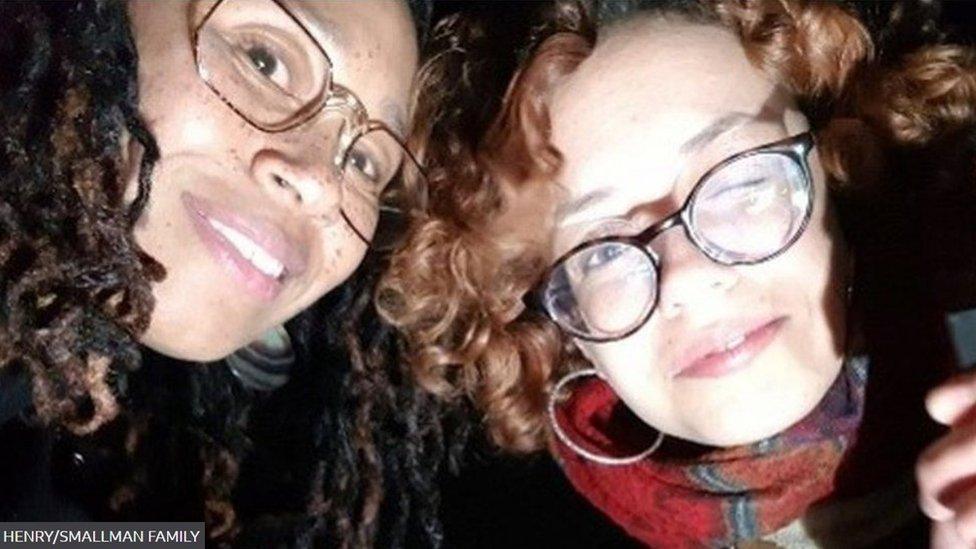
Bibaa Henry (left) and Nicole Smallman were found in bushes at Fryent Country Park in Wembley
Harriet Wistrich from the Centre for Women's Justice agreed the Met needed internal change.
"The Met has a very serious problem with police perpetrators," she said.
"Wayne Couzens was not an exception. They have not been dealt with properly and that is critical."
Met Police Assistant Commissioner Louisa Rolfe said there was "an awful lot of pressure" for the force to be seen to be doing something to support women and girls.
She said: "In policing we like to act and respond very quickly to things - it's often our strength but it can be our weakness.
"There has never been a more important time for us to listen and to listen to experts and hear and then be seen to respond."
She added the police "must be exemplars" and "our behaviour must reflect what we're saying".
Related topics
- Published3 November 2021
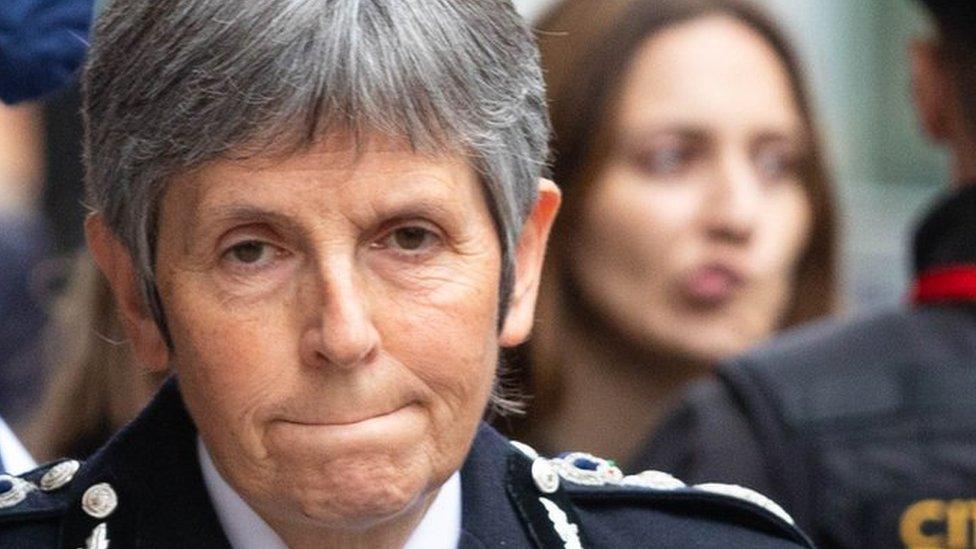
- Published20 October 2021
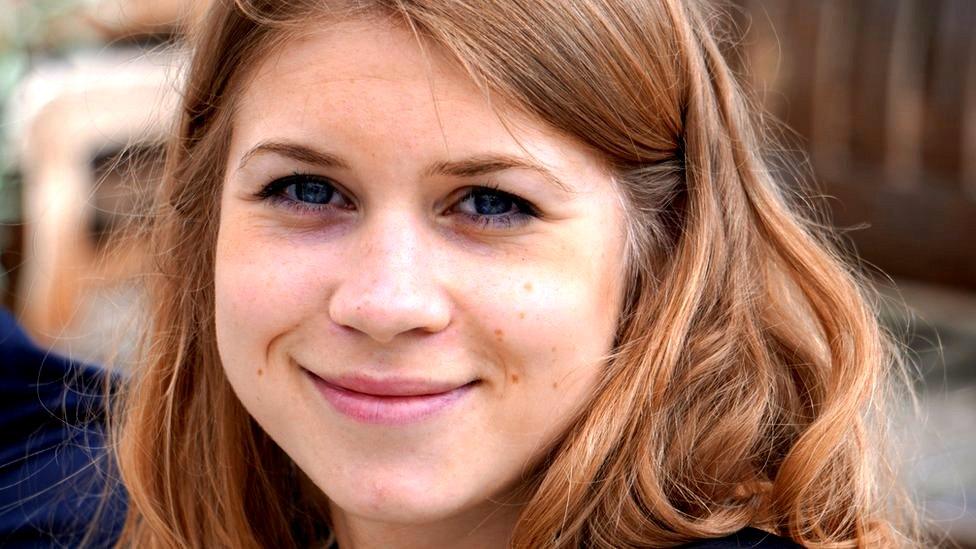
- Published5 October 2021
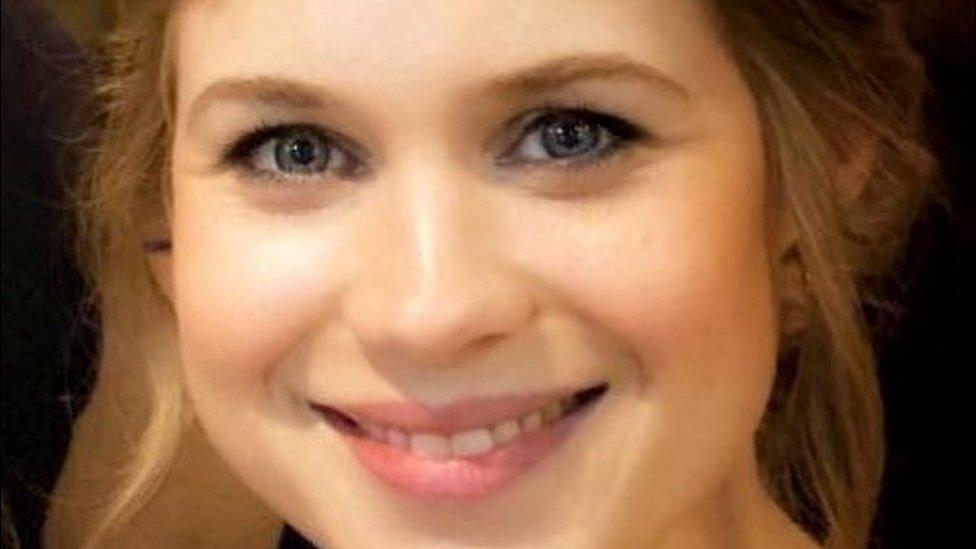
- Published2 October 2021
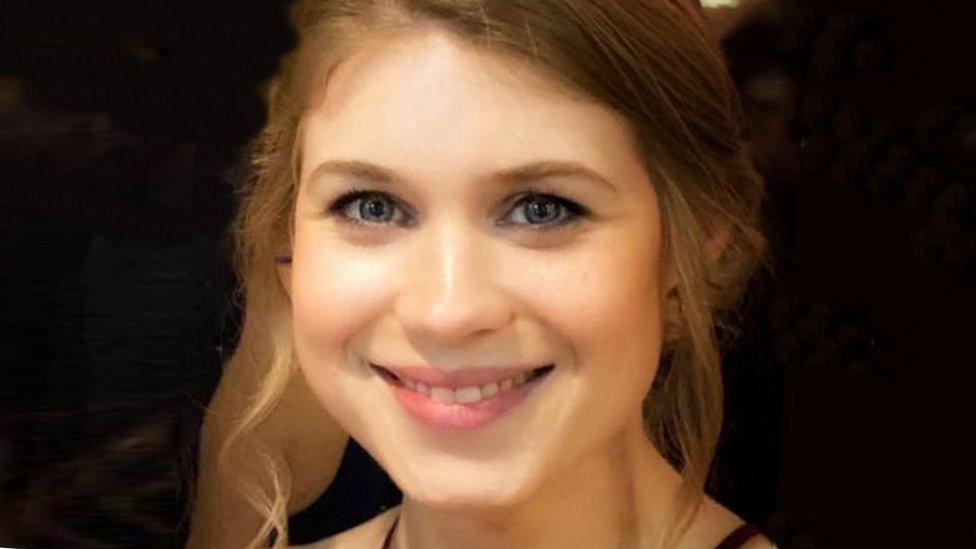
- Published9 October 2021
